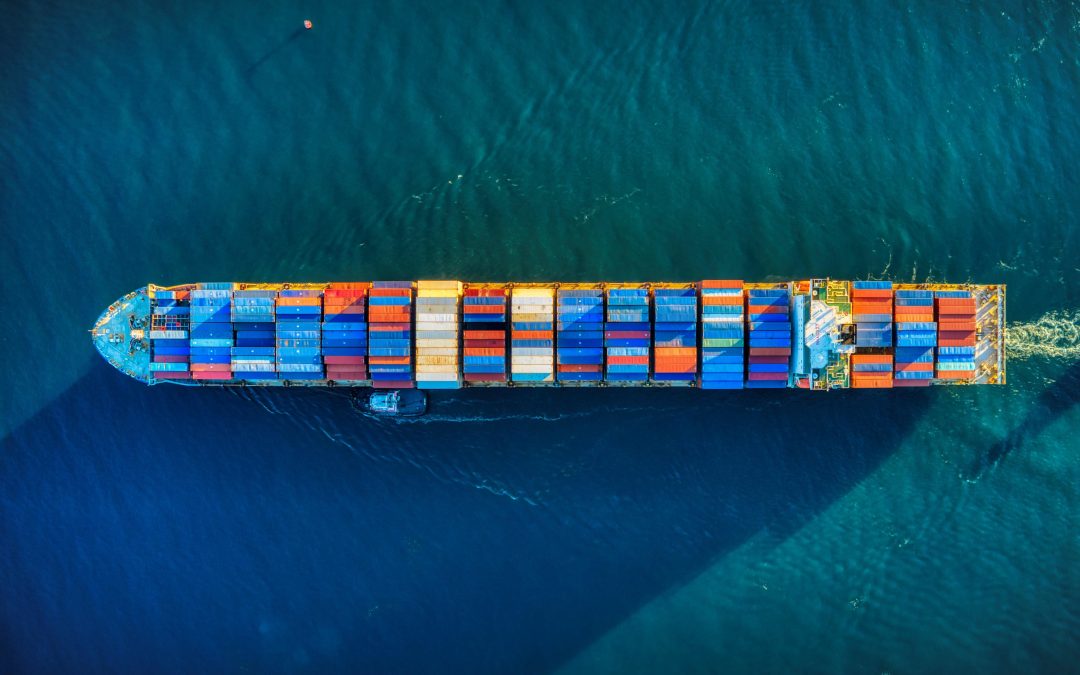In a late-Thursday post on social media, President-elect Donald Trump expressed his support for dockworkers in the labor dispute between US Gulf and East Coast ports and the International Longshoremen’s Association (ILA).
The ILA and the ports, represented in the negotiations by the US Maritime Alliance (USMX), are facing a 15 January deadline to complete a new master agreement.
The union has vowed to strike if its demands on limiting automation are not met.
In a post on Truth Social after meeting with union president Harold Daggett, Trump said “the amount of money saved [by automation] is nowhere near the distress, hurt, and harm it causes for American workers”.
Trump said he would rather see the ports spend money on labor instead of “machinery, which is expensive, and which will constantly have to be replaced”.
“For the great privilege of accessing our markets, these foreign companies should hire our incredible American workers, instead of laying them off, and sending those profits back to foreign countries,” Trump said.
The USMX responded in a post to its website.
“We appreciate and value President-elect Trump’s statement on the importance of American ports,” the USMX said. “But this contract goes beyond our ports – it is about supporting American consumers and giving American businesses access to the global marketplace – from farmers, to manufacturers, to small businesses, and innovative start-ups looking for new markets to sell their products.”
The USMX contends that to achieve this, there is a need for modern technology that is proven to improve worker safety, boost port efficiency, increase port capacity, and strengthen supply chains.
“ILA members’ compensation increases with the more goods they move – the greater capacity the ports have and goods that are moved means more money in their pockets,” the USMX said.
“We look forward to working with the President-elect and the incoming administration on how our members are working to support the strength and resilience of the US supply chain and making crucial investments that support ILA members and millions of workers and businesses across the entire domestic supply chain, improving efficiency and creating even more high-paying jobs for ILA members,” the USMX said.
A strike would not have an impact on liquid chemical tankers, which transport most chems.
But container ships and costs for shipping containers are relevant to the chemical industry because while most chemicals are liquids and are shipped in tankers, container ships transport polymers, such as polyethylene (PE) and polypropylene (PP), are shipped in pellets.
They also transport liquid chemicals in isotanks.
No negotiations are currently underway with slightly less than five weeks left before the deadline.
Source: By Adam Yanelli,






